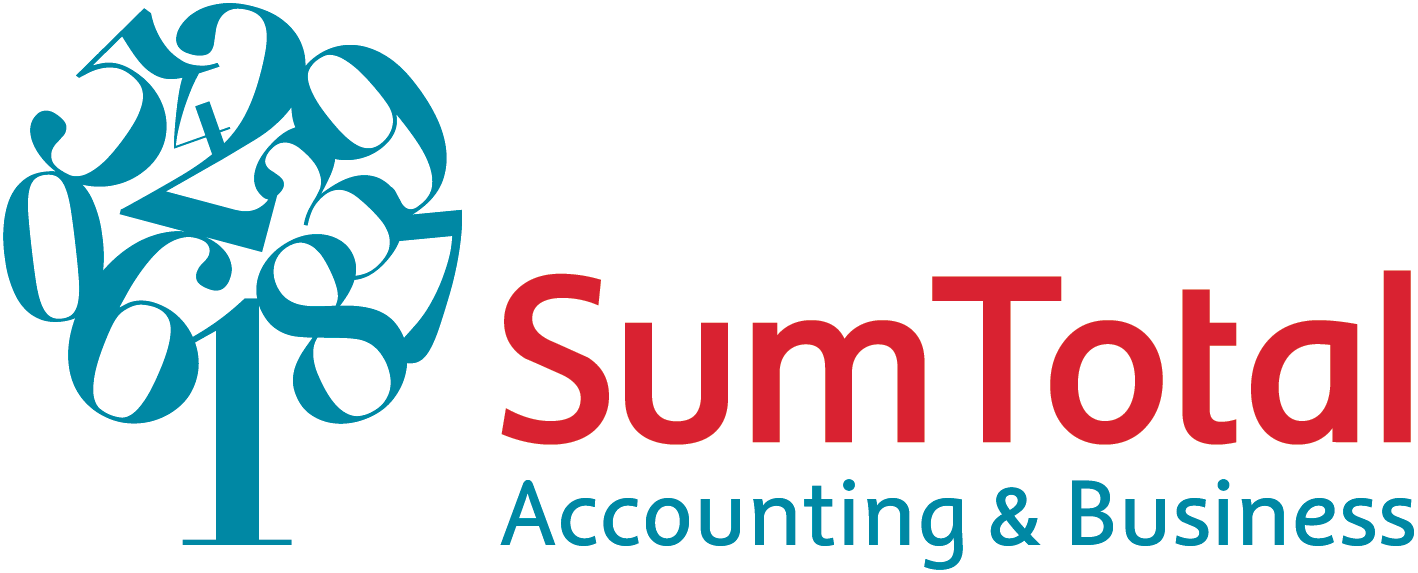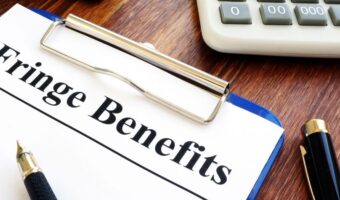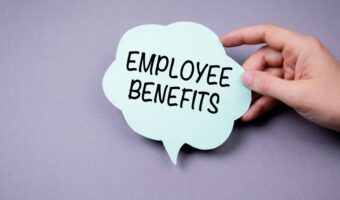For Australians, many across the country are restricted in their options for mitigating the rising petrol prices once the fuel excise reaches its deadline in September.
After halving the excise rates for petrol, diesel and all other fuel and petroleum-based products from 44.2 cents to 22.1 cents per litre, the expiration of the fuel excise coming up on September 28 2022, will see petrol prices rise again.
Excise becomes payable when fuel leaves the ‘underbond’ environment and ‘enters home consumption’. In practical terms, this generally occurs when tankers leave storage depots to distribute fuel to retailers – i.e., service stations.
When the fuel excise was announced on March 30, 2022, it promised benefits to households and businesses.
Households
An Australian household with at least one vehicle was expected to receive an average benefit of around $300 over 6 months.
Businesses
Fuel tax credits (FTC) provide businesses with a credit for the excise that is included in the fuel price if the fuel is used in light vehicles travelling off public roads or on private roads, heavy vehicles, or certain non-vehicle settings (machinery, plant and equipment). The FTC is, in effect, a rebate of the excise included in the fuel price. The rate of FTC depends on the size of the vehicle and where it is used.
Heavy Vehicles On Public Roads
The temporary reduction in fuel excise should have provided a net benefit for heavy vehicle operators of 4.3 cents per litre from 30 March, compared to current settings.
This is because the RUC (road user charge) would ordinarily be 26.4 cents per litre of fuel used. From 30 March 2022, the excise paid by heavy vehicles was 22.1 cents per litre, which is less than the RUC. The FTC for heavy vehicles on public roads will reduce to nil.
What Do We Do When The Fuel Excise Expires?
There are several ways that people could cut back on fuel consumption in response to the higher prices coming our way in September.
For example, people can carpool when going to work or school, go to the supermarket and the post office in one trip instead of two, and so on.
But this rise in fuel prices will most likely stress the already existing cost of living pressures and become another item to add to your personal and business expenses.
Careful planning and preparation are likely to be of benefit when the fuel excise does expire, and making allowances for the additional costs should help mitigate the impact felt.



